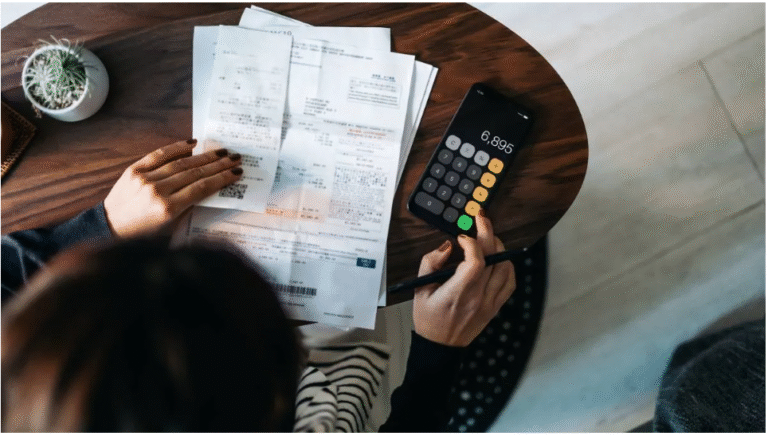How I Budget £2,000 a Month in the UK: A Simple Path to Financial Freedom
Table of Contents
Toggle
Introduction
Most people believe you need to earn a high income to achieve financial freedom — but that’s not always true. I’m currently working night shifts in the UK and earning a low monthly income of £2,000. Still, with discipline, planning, and the right mindset, I’ve learned to give every pound a purpose.
In this blog post, I’ll share how I realistically budget my monthly income, save money, and invest in my future — even on a low salary. If you’re also trying to manage your money wisely and build better habits, this post is for you.
💸 My Monthly Income
Right now, I make £2,000 per month from a single income source — my salary. That means I have to be very intentional with how I use my money. Every pound I spend needs to serve a goal, whether it’s survival, growth, or preparing for emergencies.
📝 My Budget Breakdown
I believe a realistic budget is key. If your plan doesn’t match your real lifestyle, it’s easy to give up. Here’s how I’ve broken down my monthly income:
| Category | Amount (£) |
|---|---|
| Rent + Bills | 700 |
| Groceries + Transport | 300 |
| Shopping | 50 |
| Travel Fund | 100 |
| Emergency Fund | 50 |
| Debt Repayment | 300 |
| 30% Investing Total | 600 |
| → Health & Fitness | 100 |
| → Hobby / Self-Investing | 50 |
| → Crypto | 50 |
| → Stocks | 400 |
Even with a low income, I’ve committed to investing 30% of it. This includes not just traditional investments like stocks and crypto, but also investing in myself through health, fitness, and learning new skills.

📝 How I Organise My Budget Using Bank Accounts
To avoid confusion and make my budgeting system easier to follow, I use multiple bank accounts, each for a specific purpose. Here’s how I manage them:
- Main Account: Receives salary, pays rent and bills
- Chase Account: For saving travel funds
- NatWest Digital Saver: For emergency fund
- NatWest (current): For paying off debt
- Credit Card: For groceries, transport, and shopping
- Lloyds Account: For all types of investing (stocks, crypto, health, hobby)
This system gives me clarity. I always know where my money is going and can track every category separately.
💰 My Current Financial Priorities
Everyone has different goals, but right now, mine are clear and simple:
Pay off my debt step by step
Build a small emergency fund for peace of mind
Invest consistently — especially in my personal growth, health, and the financial markets
Even though the numbers aren’t big, the habit of saving and investing matters more than waiting for a bigger paycheck.
🔚 Final Thoughts
This is how I budget £2,000 per month in the UK while working night shifts. It’s not perfect, and there are always challenges, but I believe that progress beats perfection. By being intentional with my spending and committed to long-term goals, I know I’m moving closer to financial freedom — one month at a time.
At the end of this month, I’ll post a full breakdown of how much I actually spent and invested — the real numbers.
If you’re also working with a low income, remember: you can still take control of your money and invest in your future. Start small, stay consistent.
Thanks for reading!
Let me know in the comments: How do you budget your monthly income?

